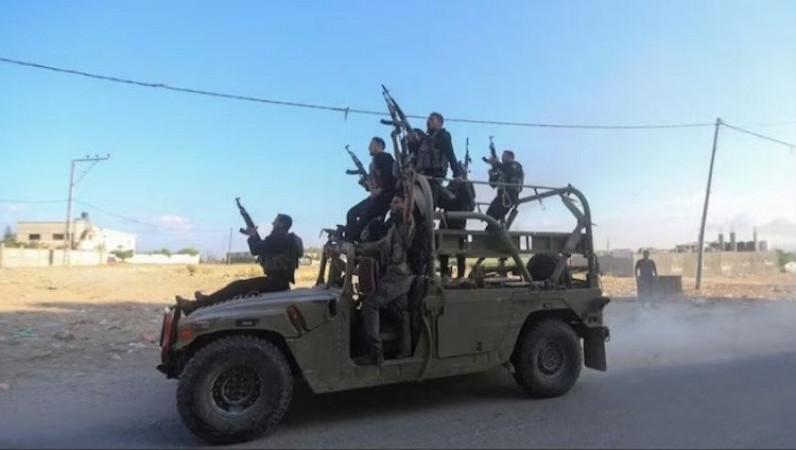
In the ongoing conflict between Israel and Hamas, Israel has reiterated its commitment to destroying Hamas, while the Israel Defense Forces (IDF) have targeted what they describe as "military infrastructure" in Syria.
In a live update on the Israel-Palestine war, US Secretary of State Antony Blinken strongly denounced terrorism and referenced the 26/11 Mumbai terror attacks and the Pakistan-based Lashkar-e-Taiba (LeT) militant group. During his address at the Security Council meeting on Palestine, he emphasized that acts of terrorism are "unlawful and unjustifiable, whether they occur in Nairobi, Bali, Luxor, Istanbul, Mumbai, New York, or Kibbutz Be’eri."
In another development related to the Israel-Hamas conflict, India expressed deep concern about the increasing civilian casualties and deteriorating security conditions. India called on both parties to work towards creating conditions for peace, restarting direct negotiations, and ending the violence. India's Deputy Permanent Representative at the United Nations, Ambassador R. Ravindra, conveyed these sentiments during the Security Council meeting addressing the Middle East situation. He stated, "India is deeply troubled by the deteriorating security situation and the significant loss of civilian lives in the ongoing conflict. The escalating humanitarian crisis is also a cause for serious concern."
Regarding the impact of the Israel-Palestine conflict on global oil prices, it was noted that oil prices remained relatively stable on Wednesday. Concerns about a decline in European demand balanced worries about potential supply disruptions in the Middle East due to the conflict. Brent crude futures increased by 6 cents to reach $88.13 per barrel at 0345 GMT, while U.S. West Texas Intermediate crude futures rose by 1 cent to reach $83.75 per barrel.
Israel-Hamas Conflict Enters 19th Day: A Global War for Freedom?
Hamas crossed all limits of brutality, said - 'I also found the body lying on the floor ...'